 |
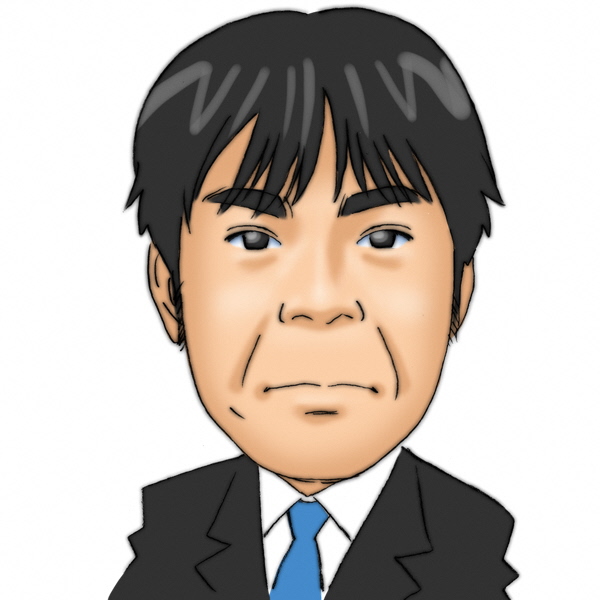 |
| Senior Staff Nao Muraoka, M.D. |
Senior Staff Takuya Oyakawa, M.D. |
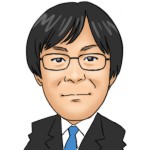 |
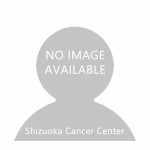 |
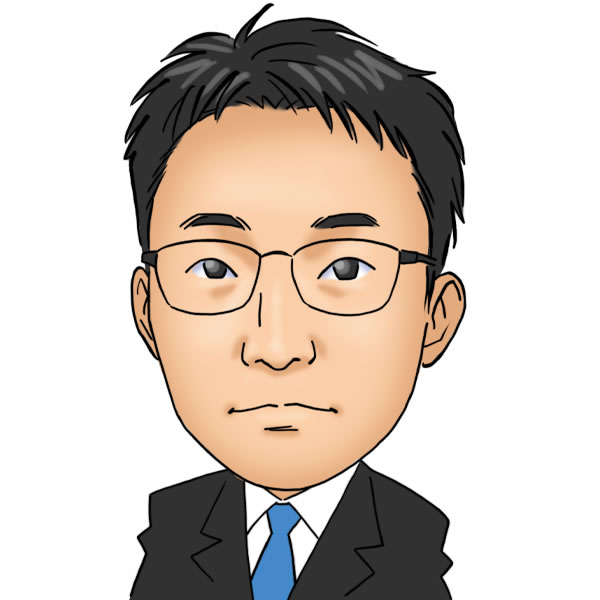 |
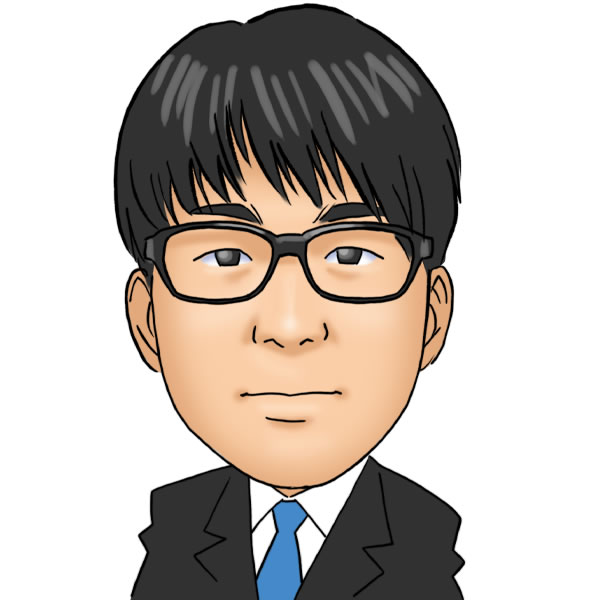 |
| Kei Iida, M.D. | Ayano Fujita, M.D. | Hirohisa Endo, M.D. | Tetsuma Oyama, M.D. |
“Cardio-Oncology” is a new field in cardiovascular internal medicine. It does not mean it specializes in cancer in the heart only. The Division of Cardio-Oncology is where the optimal medicine for circulatory organs, based on combined expertise in oncology and cardiology, is provided for cancer patients considering their current and future well-being. That is, medical care having been provided at the Division of Cardiology since the opening of the SCC simply switched to this Division of Cardio-Oncology. Although the division has got a new name for it, what is being done there has not changed at all. From the broad perspective, it can be categorized as one of the divisions for supportive therapy for cancer.
The roles of the Division of Cardio-Oncology, which used to be the Division of Cardiology, are summed up in two major ones. One is to assess the current heart conditions of patients who have had such cardiovascular diseases as coronary disorders (i.e., angina, myocardial infarction), arrhythmia, hypertension, heart failure, cardiomyopathy and valve disease, or whose cardiac diseases are detected as a result of preoperative examination, and to support them for the uneventful courses of cancer treatment.
Another is to diagnose and provide treatment as well as management for cardiovascular side effects developed during cancer treatments including surgery, radio therapy and anti-cancer drug therapy, so that the patients can continue their cancer treatments just as scheduled.
Another is to diagnose and provide treatment as well as management for cardiovascular side effects developed during cancer treatments including surgery, radio therapy and anti-cancer drug therapy, so that the patients can continue their cancer treatments just as scheduled.
For assessing an endurance of the heart for cancer treatment. we provide various examinations with cutting-edge modalities for the heart, including load electrocardiogram, cardiac MRI, cardiac ultrasonography, CT heart scan, radioactive scans of the heart, cardiac PET and Swan-Ganz catheterization study. In case the examination result proves the need for coronary catherization study, we will swiftly arrange the referral to a specialist at a neighboring medical institution. Even when we learn from the examination results that the patient has a cardiovascular disorder, his/her cancer treatment should not be suspended. We will cooperate with the relevant clinical division and clarify what should be done for the patient, which will include concurrent administration of a drug for the heart disease, blood pressure check or dose control for drip infusion. We will make the best possible arrangement for when the treatment for the heart disease should be given the priority. All these efforts are made for managing the heart disease to let the patients start or continue their cancer treatments as soon and safely as possible.
If a patient has a cardiovascular disorder as a complication of his/her cancer therapy, it will immediately be taken care of at this division. For example, when the patient starts having arrhythmia suddenly or acute heart failure during his/her anti-cancer drug treatment, we will immediately give him/her appropriate medication to control the disorder and prevent the recurrence. Moreover, some of anti-cancer drugs may have cardiac toxicity, which is considered as the adverse effect resulting in lowered cardiac function or blood-pressure variability, and the patient is sometimes forced to stop his/her cancer treatment because of it. We always try to do our best to control his/her cardiovascular disorder with various examinations and therapies, so that he/she can continue receiving the cancer treatment. As cancer patients are likely to develop thrombosis, we support them providing the customized medication for each one of them to let them continue their cancer treatments while thrombosis is being under control.
Even with recent medical advancement, there are still many questions remaining about how cancer is associated with a cardiovascular disorder and about how cancer treatment affects the heart. Moreover, new anti-cancer drugs are getting rapidly developed these days, and most of the essential information about when, what, and how often the side effects from them will be developed is not clarified yet. In addition, the life-span of cancer patients is getting longer and longer along with the advancement of cancer treatment, which now brings up problems with late complications although they were not really focused on before. At this division, we make efforts constantly to retain quality medicine by collecting the latest information from both home and abroad and engaging in research and study regarding the association between cancer and heart disease.
The mission of the Division of Cardio-Oncology is “to let the cancer treatment never be suspended.” We do our best supporting cancer patients to let them continue their treatments without delay and worries.
cardiovascular internal medicine
Certified Doctor, the Japanese Society of Internal Medicine
Specialist Certified by the Japanese Circulation Society
The Japanese Onco-Cardiology Society
cardiovascular internal medicine
cardio-oncology
cardiac tumor
Certified Doctor and Specialist for Internal Medicine, the Japanese Society of Internal Medicine
Certified Doctor, the Japanese Association of Cardiovascular Intervention and Therapeutics
Specialist Certified by the Japanese Circulation Society
General Clinical Oncologist Certified by the Japanese Board of Cancer Therapy
Certified Doctor in PET Nuclear Medicine, the Japanese Society of Nuclear Medicine
Industrial Doctor Certified by the Japan Medical Association
The Japanese Association of Supportive Care in Cancer
The Japanese Onco-Cardiology Society
clinical cardiology
cardiovascular internal medicine
general internal medicine
Specialist Certified by the Japanese Circulation Society
Specialist Certified by the Japanese Society of Nuclear Medicine
Specialist Certified by the Japanese Society of Internal Medicine
Industrial Doctor Certified by the Japan Medical Association